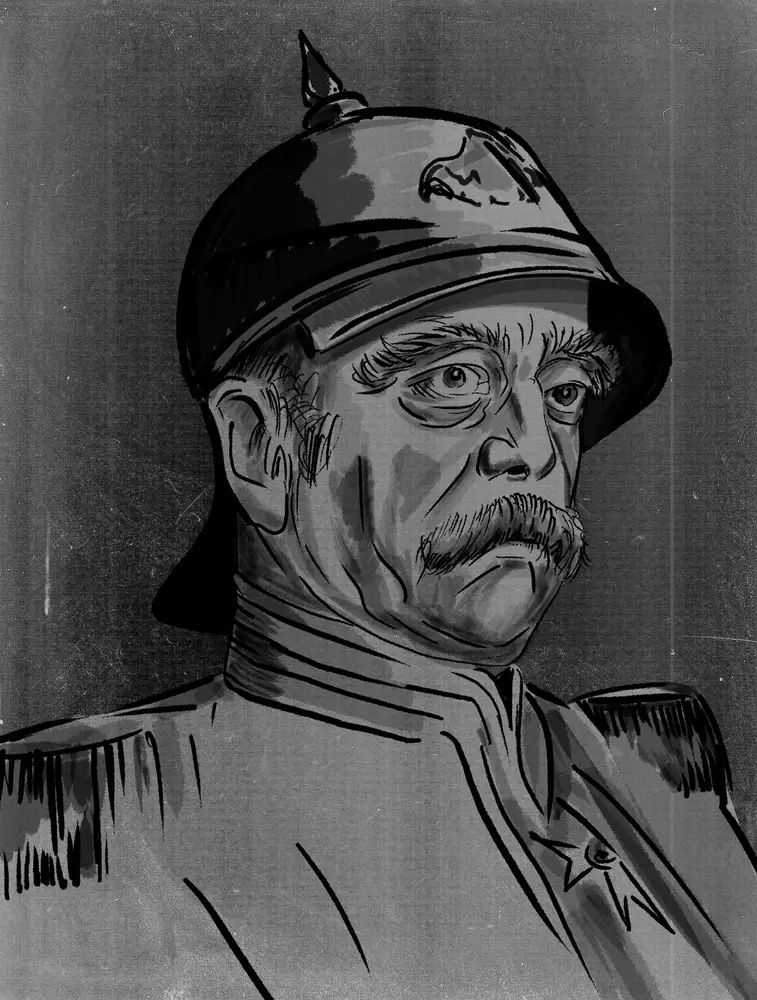Unification of Germany

Table of Contents
Unification of Germany Overview
The Unification of Germany refers to the process by which various German states were united into a single nation-state under the leadership of Prussia in the 19th century. The process culminated in the proclamation of the German Empire on January 18, 1871, in the Palace of Versailles, following France’s defeat in the Franco-Prussian War.
Key figures in Germany’s unification include Otto von Bismarck, the Chancellor of Prussia, who pursued a “blood and iron” policy to achieve unification through diplomacy and warfare. Bismarck orchestrated a series of wars, including the Danish War of 1864, the Austro-Prussian War of 1866, and the Franco-Prussian War of 1870-1871, which resulted in Prussian dominance over other German states.
Key Facts
German unification began in the early 19th century amid political fragmentation, with Germany consisting of numerous small states, principalities, and kingdoms.
The Congress of Vienna in 1815, following the defeat of Napoleon, reorganized Europe’s political landscape and maintained the fragmented structure of the German Confederation, which included 39 member states.
The movement for German unification gained momentum in the mid-19th century, fueled by nationalist sentiment, economic integration, and political liberalism.
Otto von Bismarck, Prime Minister of Prussia from 1862 to 1890, played a central role in the unification of Germany, employing a combination of diplomatic maneuvering and military force.
Bismarck’s “blood and iron” policy emphasized using military power and realpolitik to achieve Prussian dominance and ultimately unify Germany.
The Danish War (1864), the Austro-Prussian War (1866), and the Franco-Prussian War (1870-1871) were key conflicts that contributed to the consolidation of German power and territory.
The Danish War resulted in Prussia and Austria annexing the duchies of Schleswig and Holstein, leading to tensions between the two powers.
The Austro-Prussian War, also known as the Seven Weeks’ War, ended with the defeat of Austria and the exclusion of Austria from German affairs, paving the way for Prussian dominance within the German states.
The Franco-Prussian War culminated in the defeat of France and the capture of Napoleon III, resulting in the proclamation of the German Empire in the Hall of Mirrors at the Palace of Versailles on January 18, 1871.
Wilhelm I, King of Prussia, was proclaimed German Emperor (Kaiser) following the establishment of the German Empire, with Bismarck serving as the first Chancellor.
Related Links
Berlin Airlift
Berlin Wall
Congress of Vienna
Franco-Prussian War